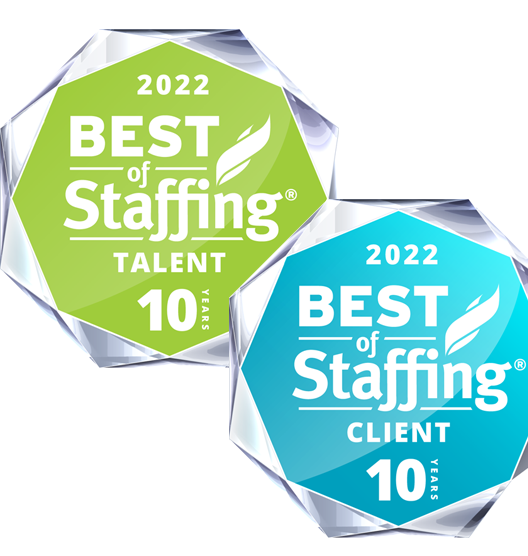| What is the economy brewing for the future? Lately, I've been hearing that "doing more with less" is the "new normal." That topic of conversation came up again recently at a business lunch. One well-respected colleague said, "Well if the new normal means another year of salary cuts, longer hours, loss of benefits, reduced flexibility and a harsh, disrespectful boss, I'm not signing up for another round. I'll go find something else to do." If his cynical view of the world were an anomaly, I'd write it off as a sign of the times. The problem is, I'm hearing versions of his comments everywhere I go these days. People are willing to sacrifice but there is a limit to how long they can make that stretch. Some recent surveys point to a larger trend. For example, Watson Wyatt found employee engagement to be down 9%. But among high performing professionals, that disengagement dropped to 25%. It doesn't bode well for companies hoping to hold on to their top talent when the veil lifts. According to surveys by Monster and Human Capital Institute, cynicism is on the rise:
I spoke with Nancy Woltzen, Vice President, Versant Solutions, a consulting firm specializing in internal communications, marketing and branding (versantsolutions.com). "A lot of employers have lost track of their own employees, because they have been off fighting dragons in this economy. In some cases, employers imply 'You're lucky you have a job' but this creates bitterness and cynicism, which reduces innovation and productivity. "One big way to squelch cynicism is with transparent data and truth. Employees need to be kept up to date on what is going on. They need to know how they are contributing to the goals, and how much progress is being made toward the goals. Companies need to stay close to their employees and find out what is important to them," Woltzen says. She explains the little things can have a huge impact, "One company took the free coffee away, and there was a huge outcry. It felt like the last straw in an environment where everyone was asked to come in early and stay late." She noted the coffee was brought back. Similar situations such as mandating new start and stop times (problems with day care), mandating where and when (telecommuters) employees were to work, imposing new administrative measures to track productivity, all add to the feelings of low trust and disenfranchisement. The light has begun to brighten the recessionary landscape--so what will be illuminated? Will your best employees run as fast as they can to other employers? Will you be left with a bedraggled crew, who are just happy to have a job? Will you be in business at all? Or, will you emerge with a strong team, who has been an actively informed and engaged partner with you, to help you figure out how to beat the recession--instead of each other.
|
resource center
The Watercooler Blog
Get workplace tips and trends related to employee retention, engagement, interviewing and more.
Fill 'er up
Top 0.5% in America!
PrideStaff has earned ClearlyRated's Best of Staffing Client and Talent 10-Year Diamond Awards for 3+ years. Less than 0.5% of all staffing firms receive this level of achievement.
See all our awards



